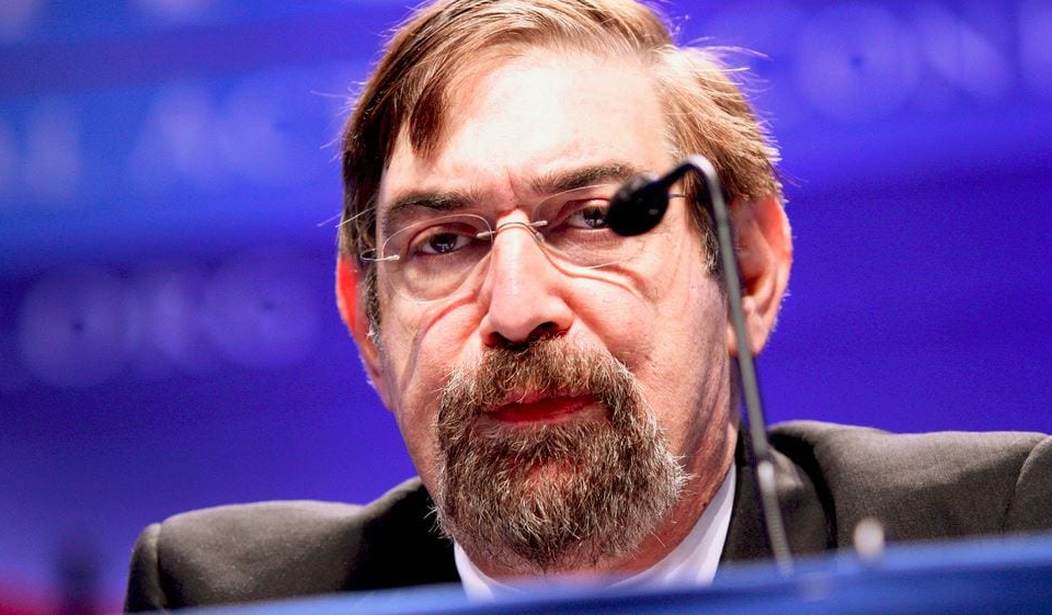Michael Walsh has this excellent piece on the passing of Pat Caddell. I cannot add much more to Walsh’s spot-on comparison of Pat to an Old Testament Jeremiah, but I’ll try. Pat deserves as much applause as he can get.
Pat and I spoke at many of the same events. I had the pleasure of dining with his daughter’s family at one back in 2011, and from there, Pat and I struck up an intermittent conversation over the years about election issues and projects. When I was in Charleston, we found a steakhouse somewhere to conspire.
The last time I saw Pat was last November, beside the ocean, outside of the Florida hotel where the event was occurring. Both of us wanted to stare at the ocean away from the event, and we literally ran into each other.
“I’m not coming back,” he roared. This was how he greeted me. “I need more time to talk than that,” referring to his allocation on the event’s program. Pat was always urgent — more on that shortly. So his gravelly gripe about time was, well, just Pat.
The passage of time can grant insight from the sublime, or the coincidental, depending on your point of view.
I quoted a portion of a Pat Caddell in my book Injustice (Regnery, 2011). Pat found in one of his polls that only fifteen percent of Americans believe that the government in the United States has the consent of the governed. Fifteen percent. Pat characterized this as “pre-revolutionary.” I don’t think the political class, the elites, or the federal bureaucrats appreciate this. It’s easy for them to tut-tut at terms like “pre-revolutionary,” but Pat put real data behind American moods.
In fact, he lived in a world of data and moods. And that is what fueled his urgency. He saw something coming. What it was I don’t know, but it wasn’t good.
I dined with Pat, spoke with him on the phone, and spent time huddled with him talking elections, election process, and various other trends afflicting our electoral system. He had no off switch.
He was Andrew Breitbart without the overarching sense of irony, sense of humor, and the backing track of Echo and the Bunnymen. Pat was intense and always urgent, and most of all, aware.
I never knew precisely what made Pat so urgent, and maybe he didn’t either. But I think it could all be put into the broad file of Signs We Are Losing America. Pat saw the Democratic Party of his youth become lost, then corrosive. He was watching the erosion of the American architecture accelerate in real time, and the options for the country seemed to be narrowing.
At its core, to Pat, the erosion was the alienation between elite institutions that had been taken over by political elites, and the mass of regular hardworking Americans who were schooled in American values and felt their country was being lost. The divide was growing, and years ago — years before Trump was even threatening a run — Pat described to me how a wave was coming that reflected this divide.
Pat saw 2016 in 2012.
Pat was still gazing over the horizon when I last saw him, and there was something out there that scared him. America is worse off that Pat won’t be around to help us navigate as we approach it.
(Photo credit Gage Skidmore)










Join the conversation as a VIP Member